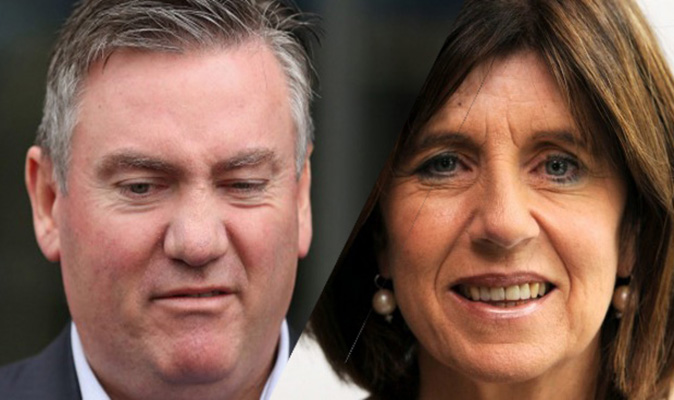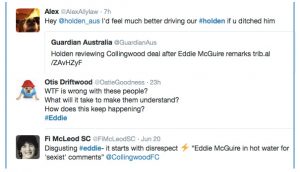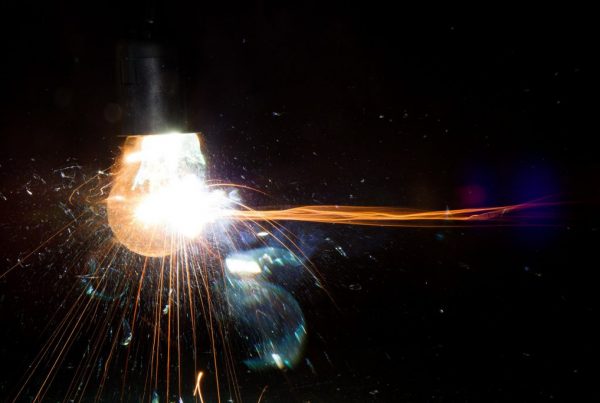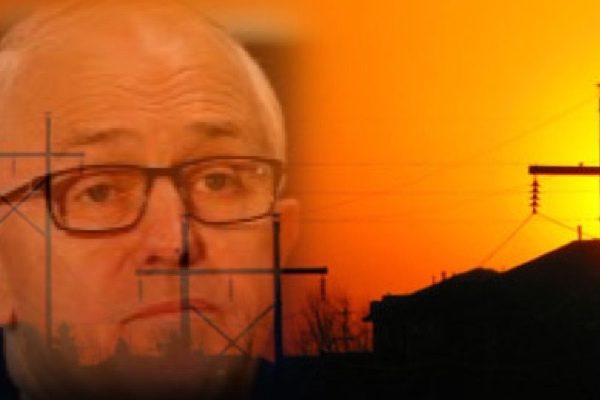Eddie McGuire might have got away with his ‘drowning Caroline Wilson’ comments, but for social media.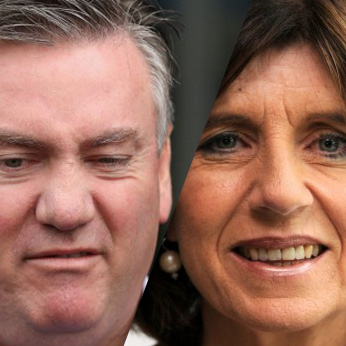
For years he’s been making these outrageously inappropriate comments, and by-and-large getting away with them. Many slip by unreported, others are a headline today, gone tomorrow.
But earlier today (day three of the story) both ‘Eddie’ and ‘Caroline Wilson’ were still trending on Twitter in Australia. Now, mid-morning, ‘Holden’ is trending, following the car company’s threat to pull a $3m sponsorship from Collingwood.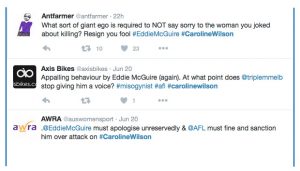
I don’t think this story would still be ‘alive’ if not for social media. The Collingwood Board might have once rebuffed or ignored a few journos, but not the barrage of complaints on social media, so they too bagged-out their Chair. So that’s a good thing. Public Relations is now consumer led.
Public Relations: The effect of social media
For me, the positives of social media far outweigh the negatives. So I disagree with the likes of Andrew McLeod (Why I Quit Social Media). I think dropping out of social media is exiting one of the greatest and most exciting social revolutions in history. Yes, it’s a platform for bullying and shouting, and evil; but much more, it gives voice to everyday people who never had a say, most of us Moderates. Until now our voices were filtered through newspapers, radio and TV with journalists and editors using their intuition to guess our point-of-view.
I was a journalist through those years and there were a few editors who had an amazing skill at estimating what the audience was wanting to know. Their judgement calls on how to tweak a story for maximum effect made the difference between programs winning and losing. We would see it in the ratings.
But they were the minority and mainly it was a hit-and-miss way of reflecting public opinion.
In those days, many journalists would have made a joke of McGuire’s poor taste, and the story would have died fairly quickly. And some publishers, acting in self-interest to protect one of their own, would have worked to kill the story. Plus, Eddie McGuire, and his board, and Holden, would have been able to dismiss the reaction to his rant as “It’s just those bloody biased journalists; everyday Australians aren’t concerned”.
Now it’s everyday Australians keeping the story alive on Twitter, the ‘free market’ speaking back, with an issue getting the attention the public wants to give it, and with journalists responding to the tempo.
Public Relations: ‘Vox Populi’ is the new driver of change
The ‘Voice of the People’ drives change with politicians – we see that daily – and it will drive change with people like McGuire. It will be interesting to see how his gaff plays out – if social media can, this time, create permanent change.
I witnessed the power of Twitter when we worked to free Peter Greste from jail in Cairo. I am certain it was the many thousands of people on Twitter, spurred on Peter’s indefatigable family, that created the momentum that led to so many stories globally of his unjust jailing (far more than for many other political detainees). And this pressured politicians around the world, including Obama, to petition President El-Sisi, creating the ‘tipping point’ that led to his release. Having lived through it daily I am certain, in that case, Twitter forced justice.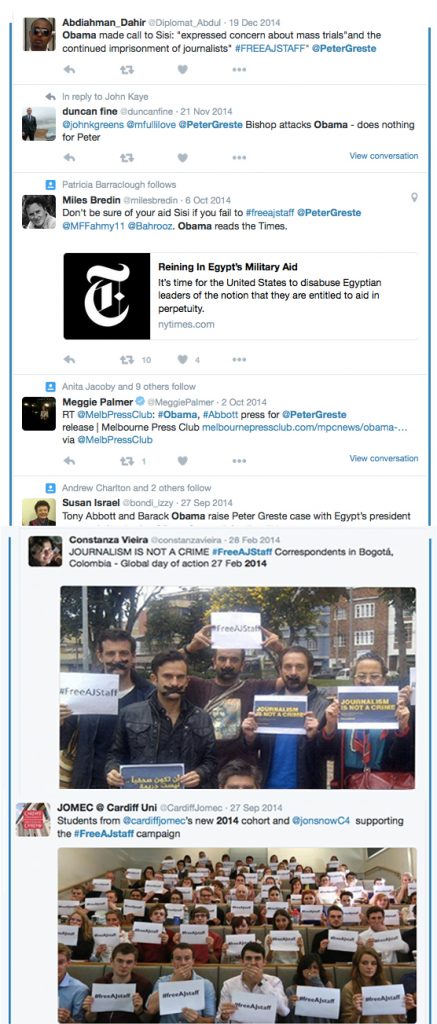
Public Relations: So what’s the effect of this venting?
First, it will increasingly stop public figures doing/saying stupid stuff. The howls of disapproval are instant.
Second, it normalises all our views. For the first time each of us can monitor what other people are saying (not what journalists report), and after reflection, most likely adopt a view that’s towards the centre. In psychology it’s called Social Proofing, where people adopt the behaviour of others in an attempt to reflect the ‘correct’ behaviour for a given situation. To an extent we listen to our ‘special interest groups’, but over time they too move to the centre.
Third, minority views are increasingly seen for what they are – a small voice. This is important for those of us who engage with communities on new controversial projects. Before social media, traditional media gave minority groups, such as activists, disproportionate space. We still see it in the remnants of traditional media. Now that’s changed; on social media, minority groups still generally get the first say, in channels like Facebook and Twitter, but longer-term the response from the majority lets them know that they are just that, a minority. I’ve seen this happen many times with our clients.
Fourth, I think social media has created change in each of us that have joined the revolution. I think subtly it’s given us confidence that our opinion is as worthy as the next persons. Plus, it’s taught us the art of quickly making decisions. This messes with the heads of people who have the audacity to assume they know better, like politicians, who are used to pushing their own – far right, or far left – agendas. Single term governments get turfed out for complex reasons, but our intolerance, learnt partly with social media, is one of them.


